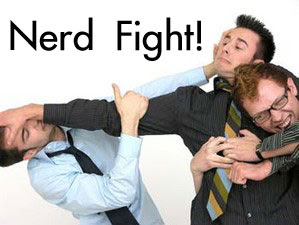I'm using a Cambridge Audio Azur 340SE Amp with Q Acoustics 2010 speakers, and if i turn up the volume to high the speakers tend to cut out briefly (for about half a second) and resume normal function when i turn down the volume again. I posted about this a year back and the general consensus was that I was putting too much strain on the amp and it was cutting out to protect against damage. The solution suggested was to get an amp that was capable of driving my kit. This made sense as the 'Max power handling' of the Q2010 is listed as 75 watts, and my amp's tech specs list its power output as 45 watts.
However, my flat mate has just brought a pair of B&W P6 Floor speakers - These are much larger, have a higher impedience (8Ohm as opposed to the 6Ohms of the Q2010), and their power handling is between 30-150 watts. Regardless of what i assume would place a far larger strain on the amp, when we tried the amp with those speakers, i could turn it up far louder without the music breaking out, way beyond the level i can with Q2010's. Could anyone suggest why this is the case, and perhaps explain what's going on (i don't understand what impedimence is/how it effects your set up.)
I'm thinking of upgrading to some larger floorstanders, but at the moment i don't know if that means having to buy a new amp or speakers. Hopefully you guys are able to elucidate.
Thanks.
However, my flat mate has just brought a pair of B&W P6 Floor speakers - These are much larger, have a higher impedience (8Ohm as opposed to the 6Ohms of the Q2010), and their power handling is between 30-150 watts. Regardless of what i assume would place a far larger strain on the amp, when we tried the amp with those speakers, i could turn it up far louder without the music breaking out, way beyond the level i can with Q2010's. Could anyone suggest why this is the case, and perhaps explain what's going on (i don't understand what impedimence is/how it effects your set up.)
I'm thinking of upgrading to some larger floorstanders, but at the moment i don't know if that means having to buy a new amp or speakers. Hopefully you guys are able to elucidate.
Thanks.



